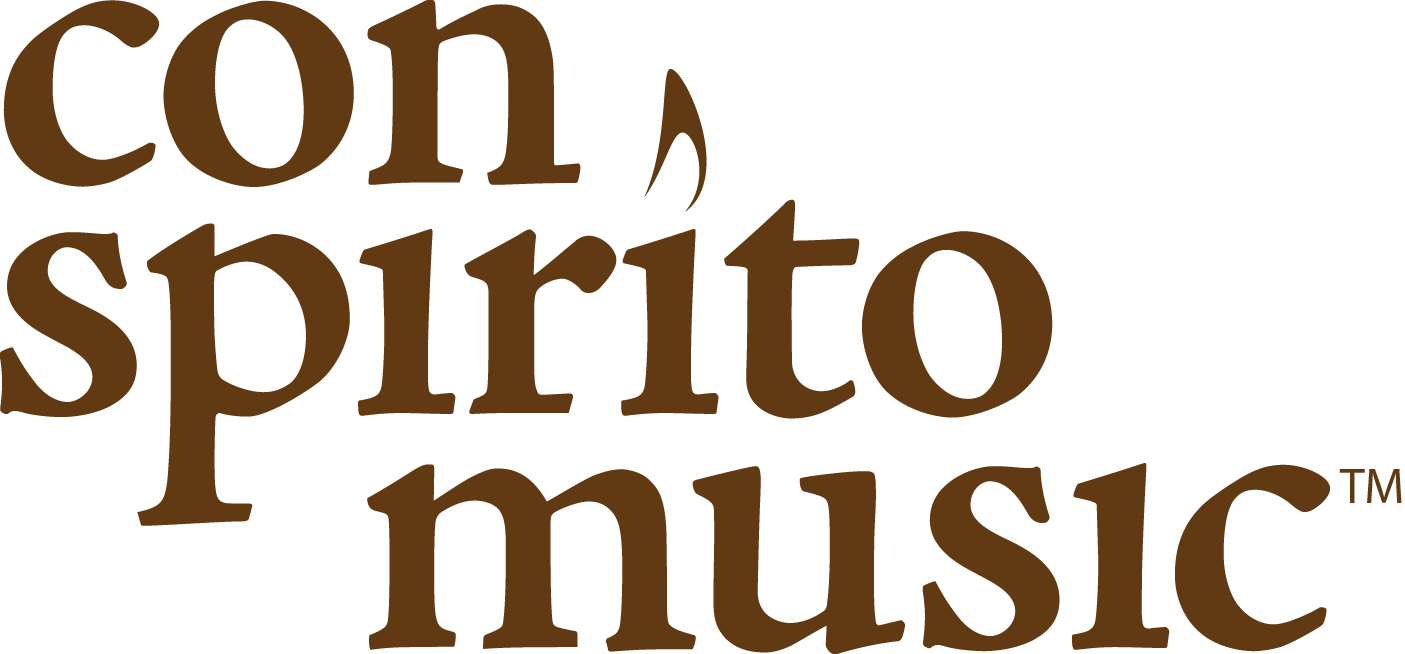“Let All the World in Ev’ry Corner Sing” is a short poem from the collection, The Temple, by Anglican priest, poet, and orator George Herbert (1593-1633). A contemporary of William Shakespeare and John Milton, God-child to poet John Donne, Herbert is associated with the 17th-century Metaphysical poets and “is remembered as a pivotal figure: enormously popular, deeply and broadly influential, and arguably the most skillful and important British devotional lyricist of his or any other time” (see citation).
Shortly before his death in 1633 at age 39, Herbert directed that a manuscript of his religious poems be sent to his fellow clergyman and friend, Nicholas Ferrar, reportedly saying, “Tell him … if he can think it may turn to the advantage of any dejected poor Soul, let it be made publick: if not, let him burn it: for I and it, are less than the least of God’s mercies.” First published in 1633, The Temple was an enormously popular work, totaling more than 20,000 copies printed in 13 editions between 1633 and 1679.
“Let All the World in Ev’ry Corner Sing” is the refrain of Herbert’s poem, “Antiphon (I),” which appeared in the “Christian Life” section of The Temple. An antiphon may be defined as a short sentence or refrain sung or recited before or after a psalm or canticle; and in Herbert’s short poem of two stanzas, he may also have intended that the stanzas be recited antiphonally (alternately) by two groups. The third stanza in this setting for SATB voices and organ, a doxology by an unknown author, was added in the 19th century.
SATB/organ score (4 pages, 8.5×11″) — $2.00 USD/copy
To purchase from JW Pepper
For printed copies or for ePrint/ePrint Go (digital) format, follow this link to the product page on JWPepper.com >>
To purchase from Sheet Music Plus
For digital download, follow this link to the product page on SheetMusicPlus.com >>
